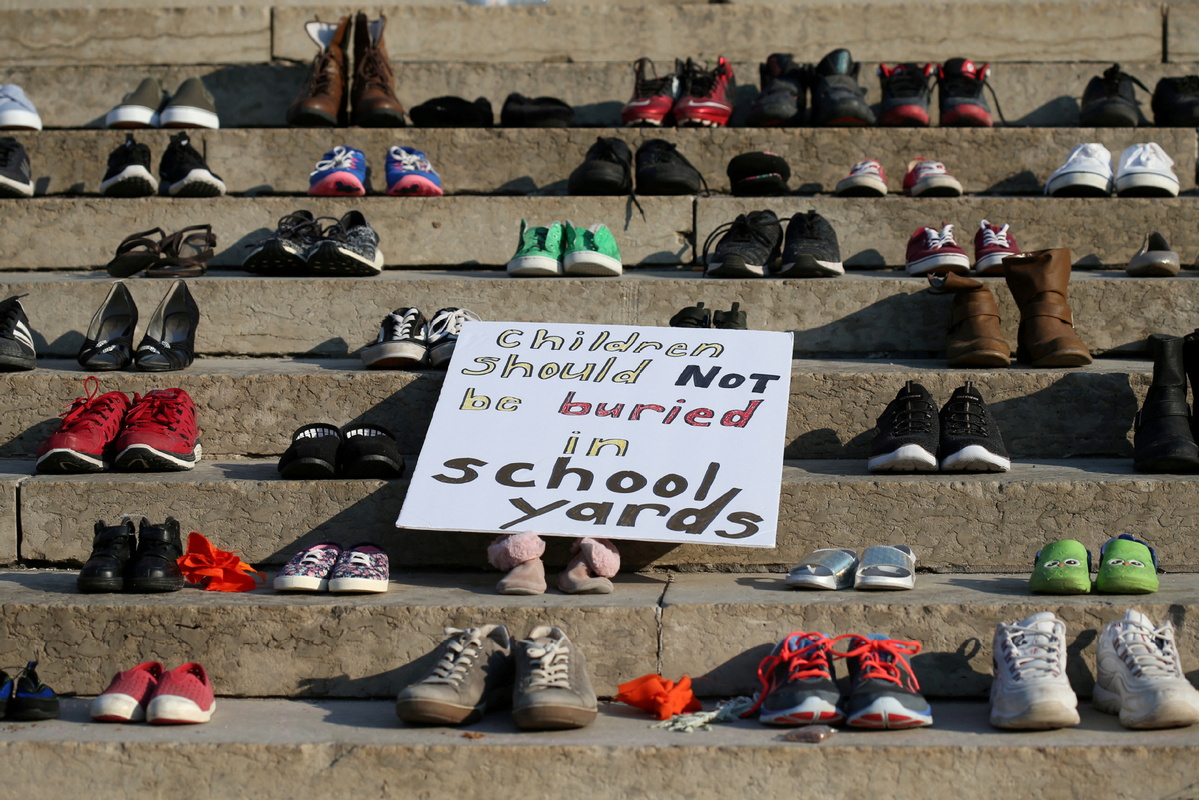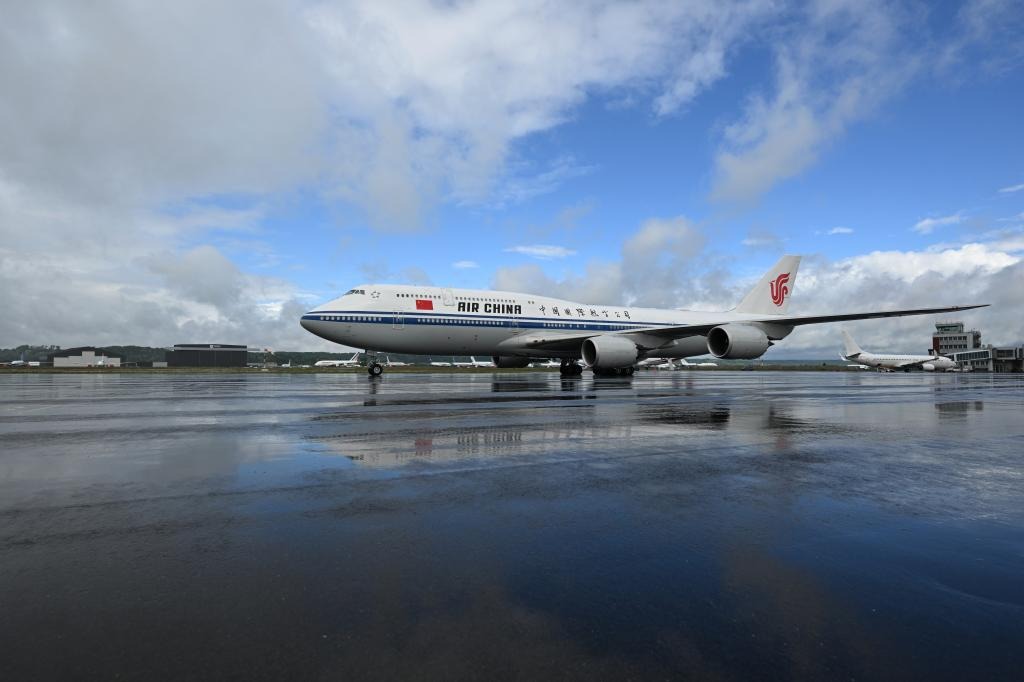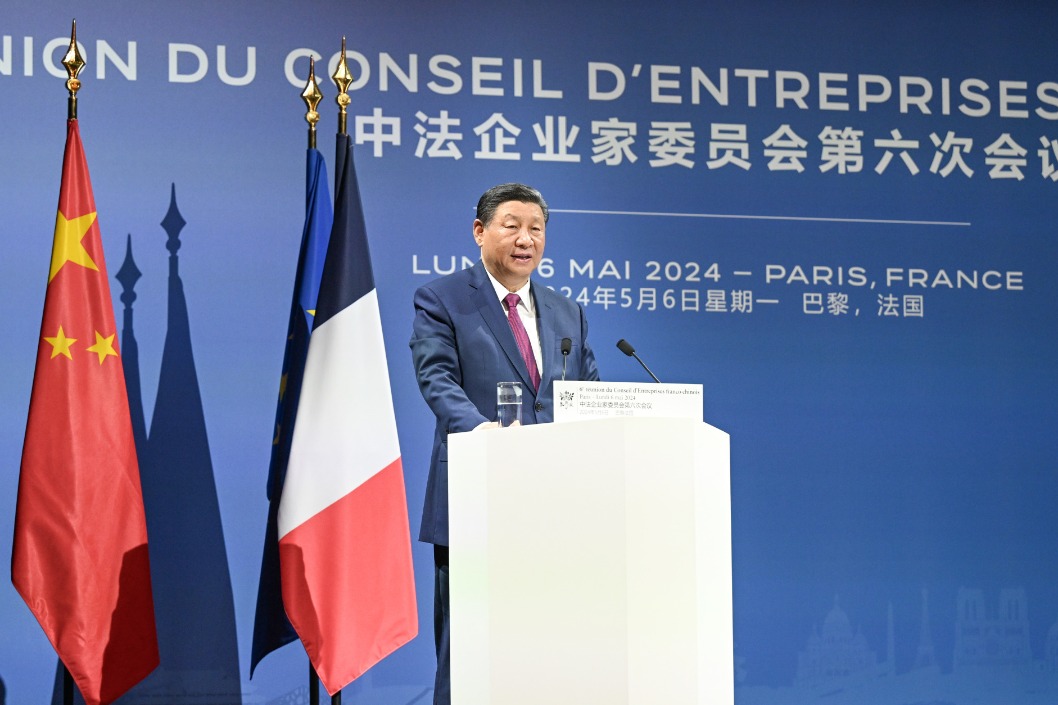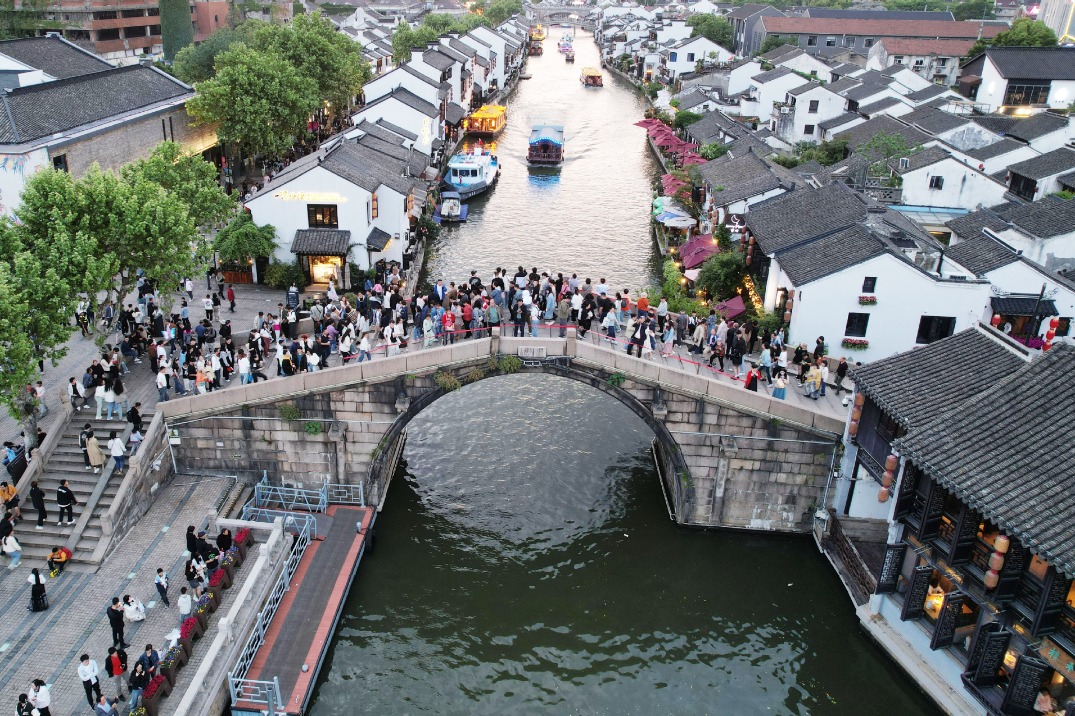More unmarked residential school graves found in Canada
By RENA LI in Toronto | China Daily Global | Updated: 2021-07-14 10:48

The Penelakut Tribe has confirmed that more than 160 "unmarked and undocumented graves" have been discovered at the site of a former residential school near Vancouver Island in British Columbia on Monday.
According to a statement issued by the indigenous Penelakut Tribe, the graves were found near the site of the Kuper Island industrial school in their territory, where the school operated between 1890 and 1975.
"We understand that many of our brothers and sisters from our neighbouring communities attended the Kuper Island industrial school. We also recognized with a tremendous amount of grief and loss that too many did not return home," said Chief Joan Brown in the statement.
"It is impossible to get over acts of genocide and human rights violations. Healing is an ongoing process, and sometimes it goes well, and sometimes we lose more people because the burden is too great. We are at another point in time where we must face the trauma because of these acts of genocide. Each time we do, it is possible to heal a little more," read the statement.
The graves are the latest following a series of similar recent discoveries at former residential schools across Canada since late May.
In May, the remains of 215 children — some as young as 3 years old — were found buried on the site of a former Indian Residential School in Kamloops, which was once the largest in Canada's residential school system.
Weeks after, 751 unmarked graves were found near a former residential school in Saskatchewan. Later in June, 182 human remains were found in unmarked gravesites near a former residential school in BC again.
At least 150,000 children from the indigenous community were forced to attend the schools between the late 1800s and the 1990s across the country. The institutions known as "Canada's Alcatraz" were funded by the federal government and run by churches as part of the campaign to strip the youth of their cultural identity.
The children were prevented from speaking their languages and practicing their beliefs, separated from their siblings, and suffered widespread physical, psychological and sexual abuse. Several thousand are believed to have died, which the Truth and Reconciliation Commission (TRC) concluded that Canada had committed "cultural genocide" in 2015.
Steve Sxwithul'txw, a member of the Penelakut Tribe who was forced to attend the facility on Kuper Island in the 1970s, told CBC News that in 2019, when the TRC released the names of almost 3,000 children who died in residential schools, he noticed eight children with the same last name he was born with.
"I know some families want to identify their lost loved ones and bring them home in a proper way," said Sxwithul'txw. "And personally, for me, I have relatives that have died over there, so I would like to know, and I think it's important that they get the proper respect and burial that they deserve."
Prime Minister Justin Trudeau said Tuesday that his "heart breaks" for the Penelakut Tribe and for indigenous people across the country.
Canada formally apologized for residential schools in 2008. The federal government has pledged further support for the identification and investigation of burial grounds near former residential schools after allocating $27 million in 2019. The BC provincial government said it is providing $12 million to support First Nations groups with investigative work at former residential school sites in June.
However, leaders of the indigenous community said that the government has failed to implement most of the TRC's calls to action, and the current policies continue to disproportionately harm indigenous children in Canada.
The Indian Residential School Survivors Society, a BC nonprofit organization that supports residential school survivors, said on Tuesday that, "It is important to learn, understand and acknowledge why these 'numbers' are significant."
"It is not about sensationalizing this history but shaping current events so we all can heal; not to overlook, normalize or silence these little children any longer but to bring them home," the group tweeted.
In a surge of grief and anger at the federal government over the historic and current treatment of indigenous people, Trudeau named Mary Simon, an Inuk leader and former Canadian diplomat, as his choice to be the queen's representative in Canada last week. Simon will become Canada's 30th governor general — the first indigenous person to serve in the role on the July 26 installation ceremony.
























